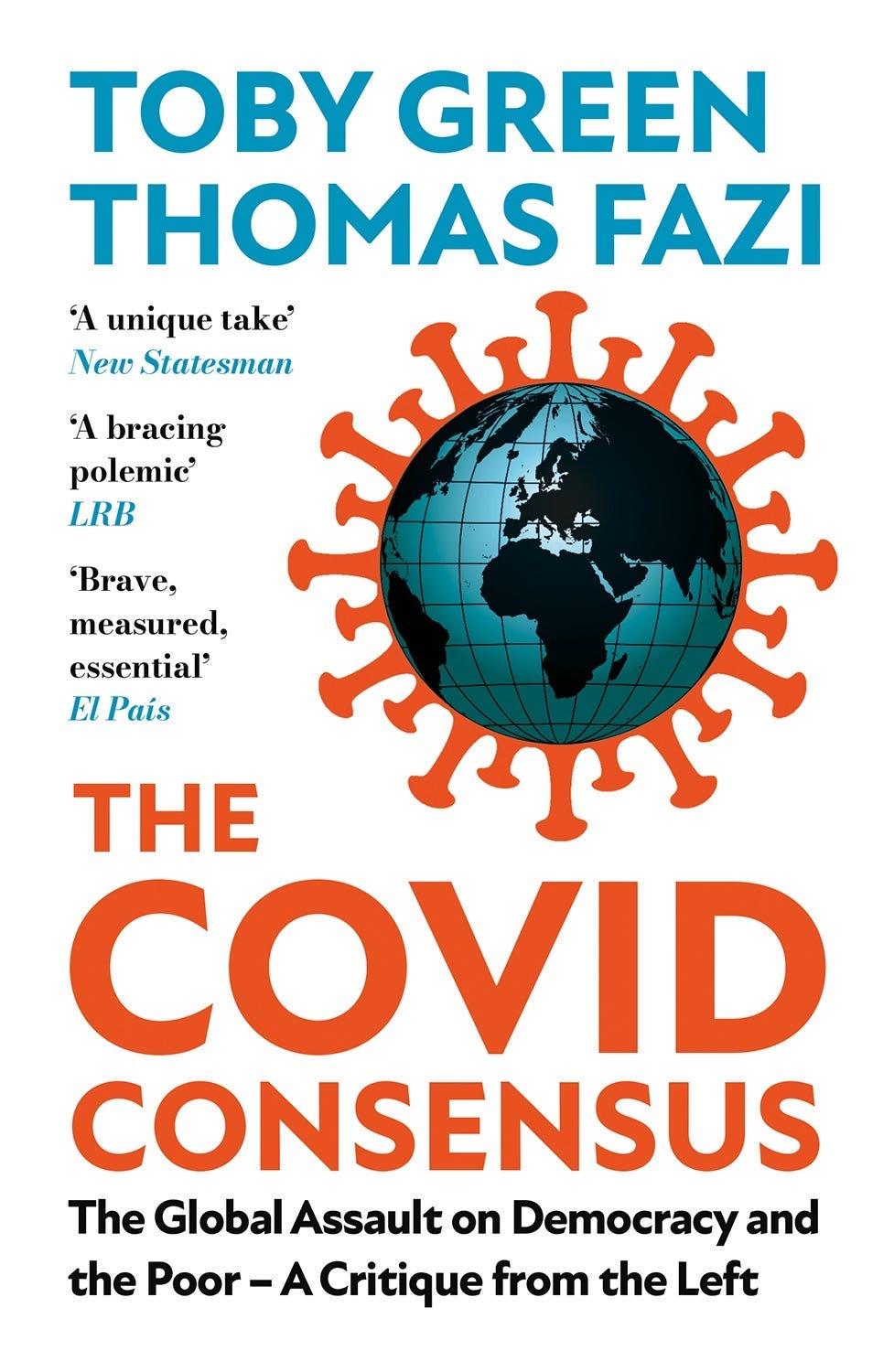What is degrowth communism?
Young millennials and members of Generation Z are rejecting capitalism
I’ve written for UnHerd about the international bestseller Slow Down: How Degrowth Communism Can Save the Earth by Kohei Saito, the rising star of contemporary Marxist thought. The book was a huge success in his home country Japan, selling over half a million copies, and has now just been published in English.
Saito’s argument is pretty straightforward: capitalism is destroying the planet, and the only way to pull civilisation back from the brink of extinction is for “the entire world, without exception, to become a part of a sustainable, just society”. In other words, to embrace degrowth communism — a radical reorganisation of society based on the elimination of mass production and consumption, the prioritisation of use-value (social utility) over commodity value, and the total decarbonisation of the economy.
My argument is that Saito’s theory is riddled with flaws — first and foremost its inherent Eurocentrism, or Western-centrism, i.e., the idea that every country in the world should simply conform to the worldview of Western middle-class environmentalists — but nonetheless tells us a lot about the growing desperation of young Westerners. As I write in the article:
Saito states the obvious when he says that our current system is no longer working for most people: notwithstanding the fact that we live in affluent societies, many of us are overworked, underpaid and lead ever-more precarious lives. Economic inequality continues to rise. But perhaps even more dramatically, we live increasingly atomised, purposeless lives: there’s no higher meaning binding us together as a society. French sociologist Émile Durkheim coined the term anomie to describe a society defined by a breakdown in social norms and moral values. Aside from the diminishing returns of abiding by society’s rules — finding a job, creating a family — many young people wonder what the point of it all is. No wonder they are attracted by radical ideas such as degrowth communism, which promise less stuff but richer, fuller, deeper, more meaningful lives.
Read the rest of the article here.
As always, any feedback is welcome. If you appreciate this article, please consider upgrading to a paid subscription. Putting out high-quality journalism requires constant research, most of which goes unpaid. Plus, you’ll also get access to exclusive articles, such as my regular updates and commentary on the Israel-Gaza war.
Thomas Fazi
Website: thomasfazi.net
Twitter: @battleforeurope
Facebook: https://www.facebook.com/thomasfazi
Latest book: The Covid Consensus: The Global Assault on Democracy and the Poor—A Critique from the Left (co-authored with Toby Green)



Exactly! “Perhaps Marx was right: capitalism really does end up sowing the seeds of its own demise — not because of ever-rising levels of productivity, but because of ever-decreasing levels of meaning.” Thank you for your UnHerd article.
Durkheim was my least favorite sociologist in grad school (so dour; called him Dorkheim) and also the most relevant in all the many years since.